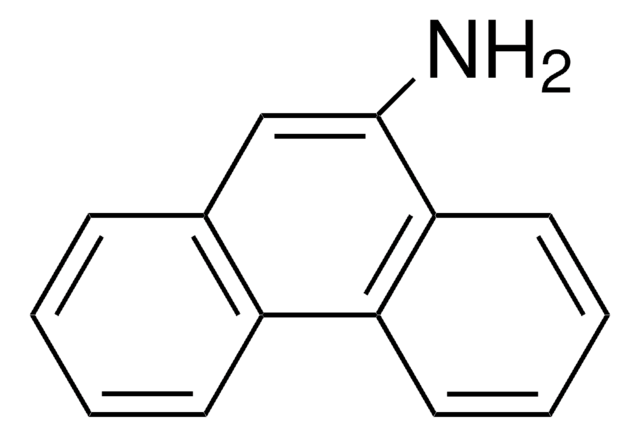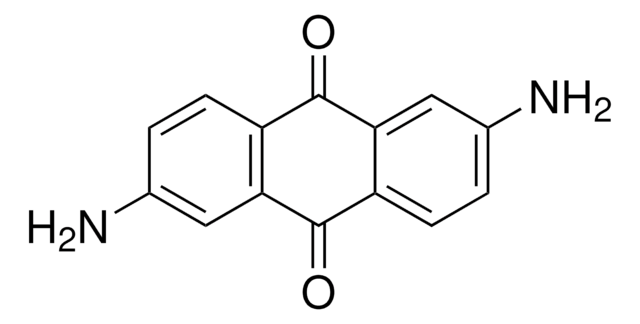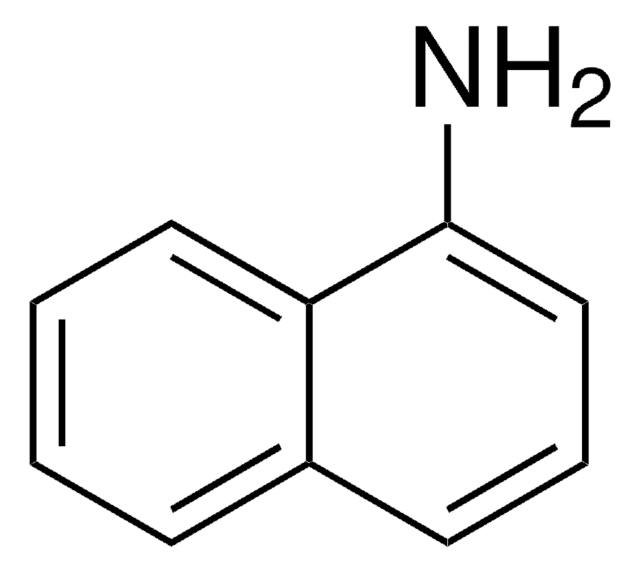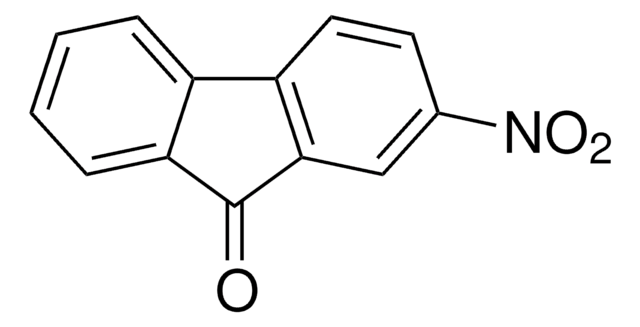A55500
2-Aminofluorene
98%
Synonym(s):
2-Fluorenamine, 2-Fluorenylamine
About This Item
Recommended Products
Quality Level
Assay
98%
form
powder
mp
124-128 °C (lit.)
SMILES string
Nc1ccc-2c(Cc3ccccc-23)c1
InChI
1S/C13H11N/c14-11-5-6-13-10(8-11)7-9-3-1-2-4-12(9)13/h1-6,8H,7,14H2
InChI key
CFRFHWQYWJMEJN-UHFFFAOYSA-N
Looking for similar products? Visit Product Comparison Guide
Related Categories
Signal Word
Warning
Hazard Statements
Precautionary Statements
Hazard Classifications
Aquatic Chronic 2 - Carc. 2
Storage Class Code
11 - Combustible Solids
WGK
WGK 3
Flash Point(F)
Not applicable
Flash Point(C)
Not applicable
Personal Protective Equipment
Regulatory Listings
Regulatory Listings are mainly provided for chemical products. Only limited information can be provided here for non-chemical products. No entry means none of the components are listed. It is the user’s obligation to ensure the safe and legal use of the product.
JAN Code
A55500-1KG:
A55500-5G:
A55500-25G:
A55500-BULK:
A55500-VAR:
Choose from one of the most recent versions:
Already Own This Product?
Find documentation for the products that you have recently purchased in the Document Library.
Customers Also Viewed
Our team of scientists has experience in all areas of research including Life Science, Material Science, Chemical Synthesis, Chromatography, Analytical and many others.
Contact Technical Service











